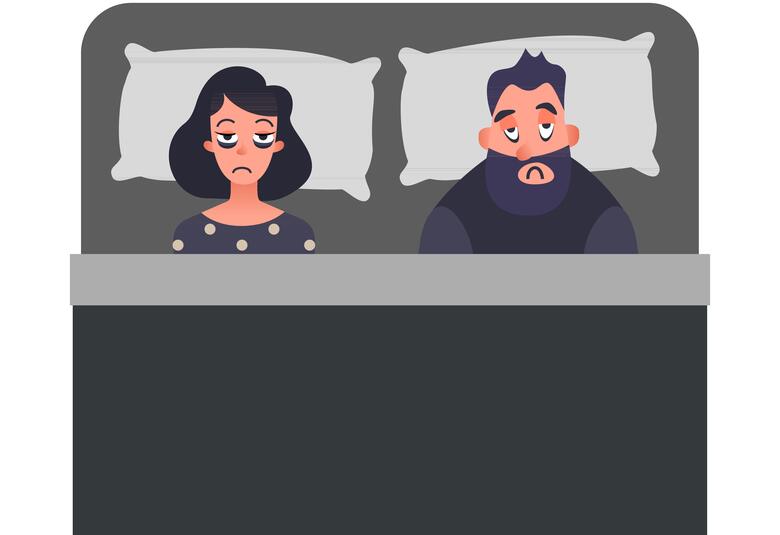
Treating depression in rural Australia
Dr Robert Proctor and Lorraine Lee, of Ballarat, Victoria, describe their experience of treating depression in rural Australia. They were responding to a series of questions posed by our interviewer.
We have three outpatient clinics in northern Victoria. We cover about a quarter of the state and distances are so great that we have to fly between them (using a twin-engined Piper Aerostar). There can’t be many places where the doctor is also the pilot!
The area is rural and remote, and its people have many mental health problems.
Several years of drought mean that farmers are deep in debt – up to a million AUD - and at increased risk of depression and suicide. This is compounded by social isolation. As well as alcohol use, cannabis and crystal meth (“ice”) are rife among young people, who are often unemployed. The district of Horsham, which is part of our patch, has the highest suicide rate in the state. Since gun laws were tightened, there are fewer deaths from firearms. But young men drive their cars into trees. Others die by hanging. And women, particularly, from overdoses
In six years of practice, we have not lost a single depressed patient to suicide.
But, for those who come to see us, there is help. In six years of practice (touch wood!), we have not lost a single depressed patient to suicide.
In a typical day in the clinic, we see about forty people between us. In a year we probably see more than a thousand new patients. All are referred by GPs, and treatment is largely funded by Medicare. We assess patients and offer a mix of medication and psychotherapy – typically CBT – delivered by eight highly skilled nurses. In the towns, this is done in patients’ homes: “Mind@Home Psychiatry” is what we call ourselves. We now also focus on the whole family: spouses, parents, children; and that new emphasis has helped a great deal.
Medication is nothing without a good therapeutic relationship. The quality of the therapeutic alliance with the patient is central. But there is no doubt that we have seen great improvements in drug treatment. Almost none of the antidepressants we use now had been invented twenty years ago. But depression is multifactorial, and no agent works for everyone.
Ideally we would be able to individualise treatment. Wouldn’t it be wonderful to have a saliva test that identified those who will respond to a particular drug class? It would also be great to have something that did not have side effects on sexual function. The last thing we want to be doing is giving patients yet another symptom.
Disclaimer: The views and opinions expressed on this page do not necessarily reflect those of Lundbeck.


